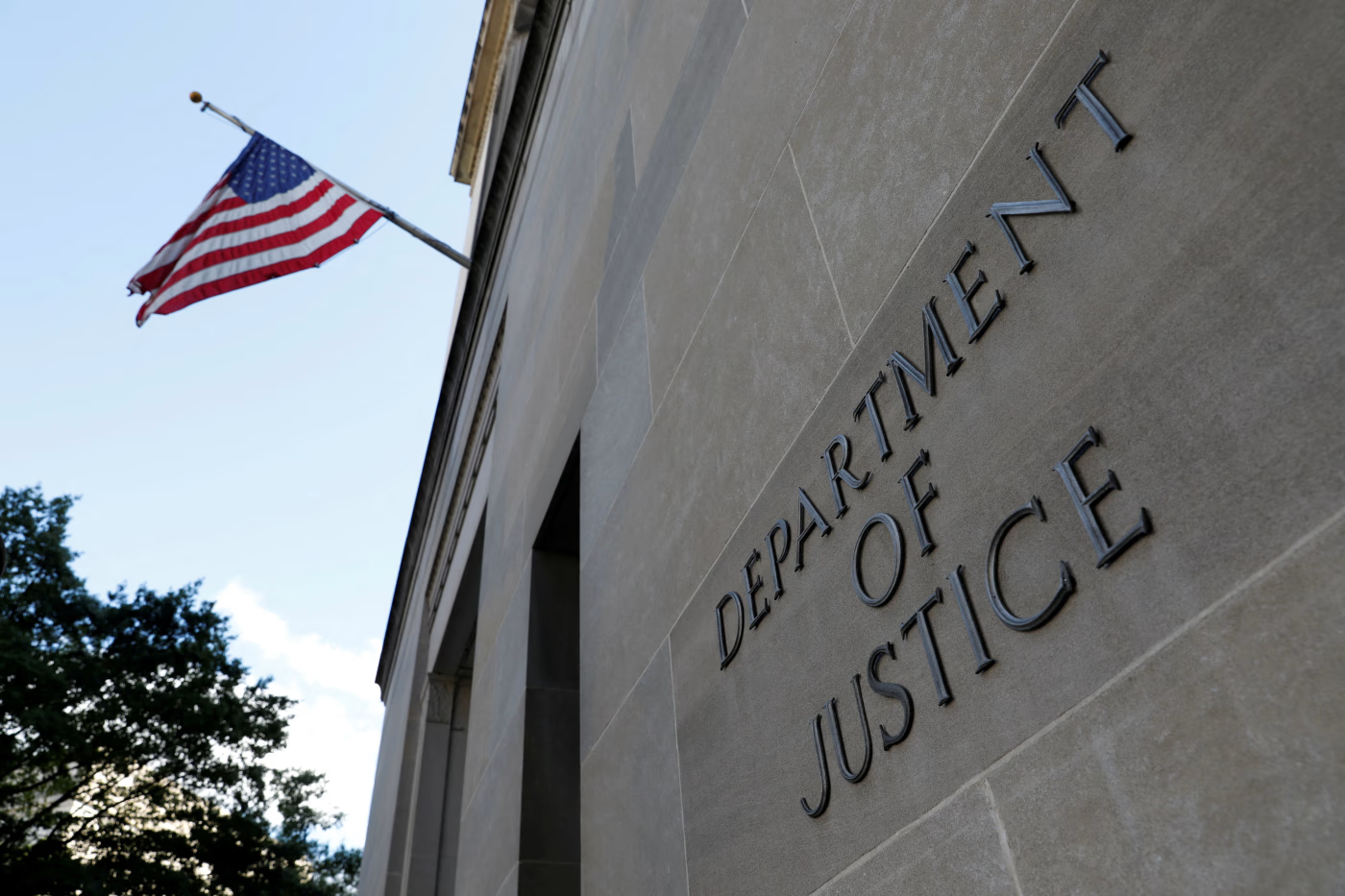Fight Bribery

THE ISSUE
Bribery is not a victimless crime. When public officials demand or accept bribes, they divert funds from essential services like hospitals, schools, and infrastructure, shield wrongdoers from accountability, and endanger public health and safety. Bribery distorts the marketplace by rewarding unethical actors and forcing out companies that follow the rules. When private interests use bribery to gain advantage, they erode trust in institutions, deter investment, and accelerate economic and political dysfunction. The result is a domestic and global economy tilted toward impunity—one that deepens inequality, stifles innovation, and undermines development.
The United States has long stood at the forefront of efforts to clean up global commerce. In 1977, it became the first country in the world to criminalize foreign bribery through the Foreign Corrupt Practices Act (FCPA)—a landmark law that prohibits U.S. companies from bribing foreign officials to gain business advantages. In 2023, Congress built on this legacy by enacting the Foreign Extortion Prevention Act (FEPA), which for the first time makes it illegal for foreign officials to demand bribes from U.S. companies. Together, the FCPA and FEPA protect ethical businesses, uphold U.S. leadership in international markets, and send a powerful message: the United States will not tolerate corruption—whether offered or demanded.
Transparency International U.S. works to safeguard and strengthen these laws, urging robust enforcement and defense of these legal frameworks against rollback.





